US History Chapter 8 - Sectional Conflict Intensifies
1/35
There's no tags or description
Looks like no tags are added yet.
Name | Mastery | Learn | Test | Matching | Spaced | Call with Kai |
|---|
No analytics yet
Send a link to your students to track their progress
36 Terms
Wilmot Proviso
Bill that would ban slavery in the western territories added after the War with Mexico.
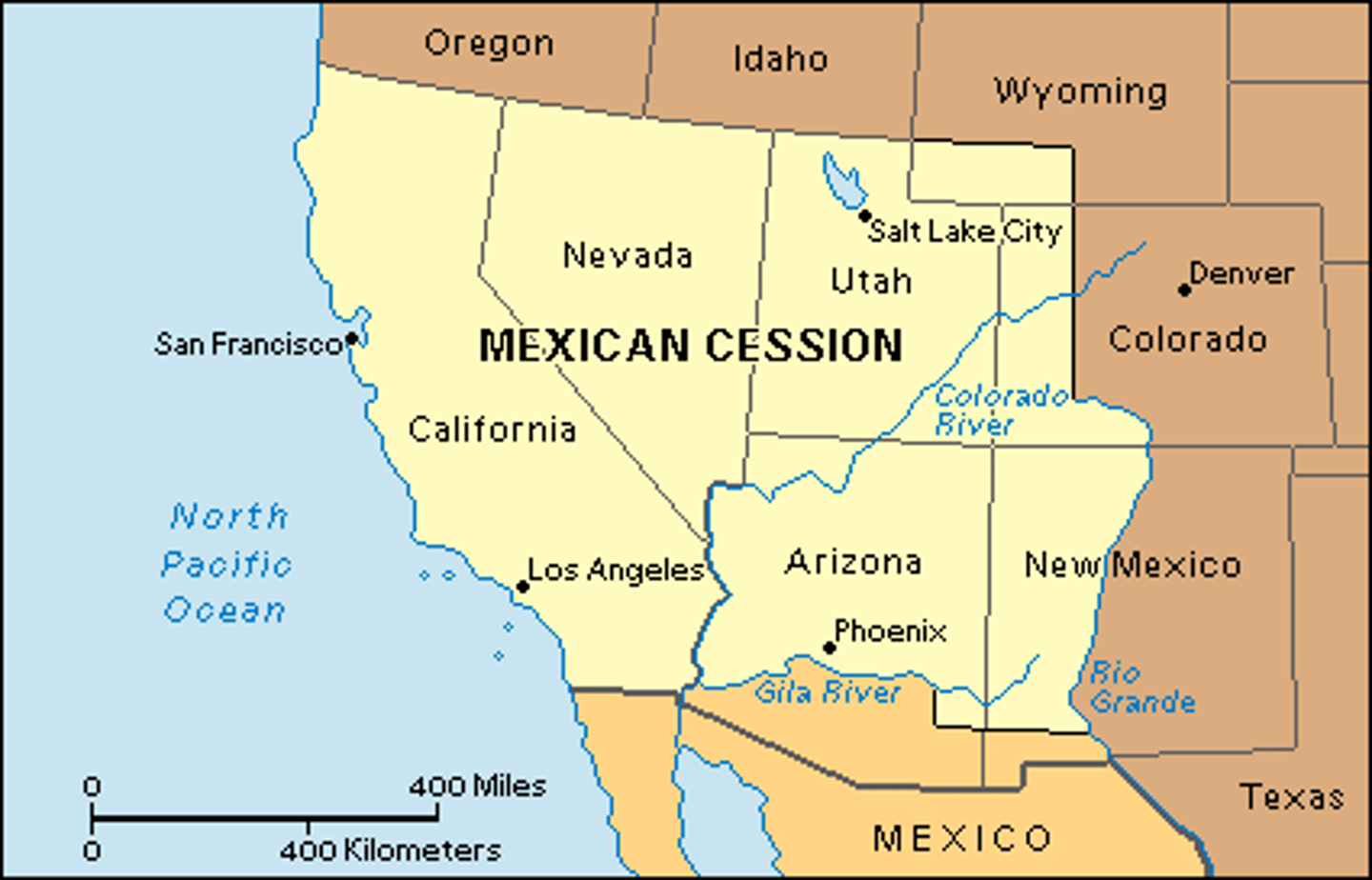
Secession
Decision by a state to leave the Union
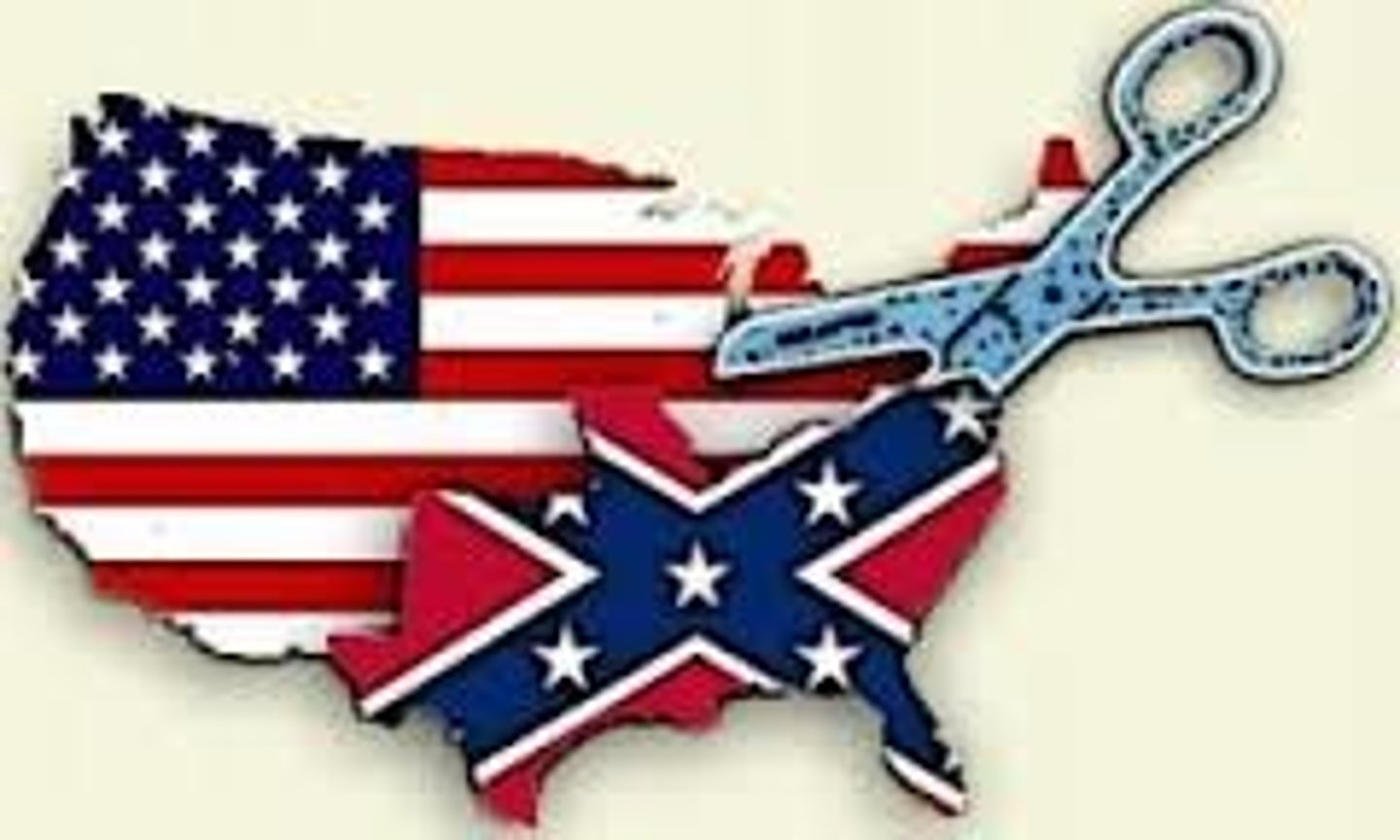
Compromise of 1850
Attempt to settle dispute over slavery by admitting California as a free state, allowing popular sovereignty in western territories, and strengthening the Fugitive Slave Laws.
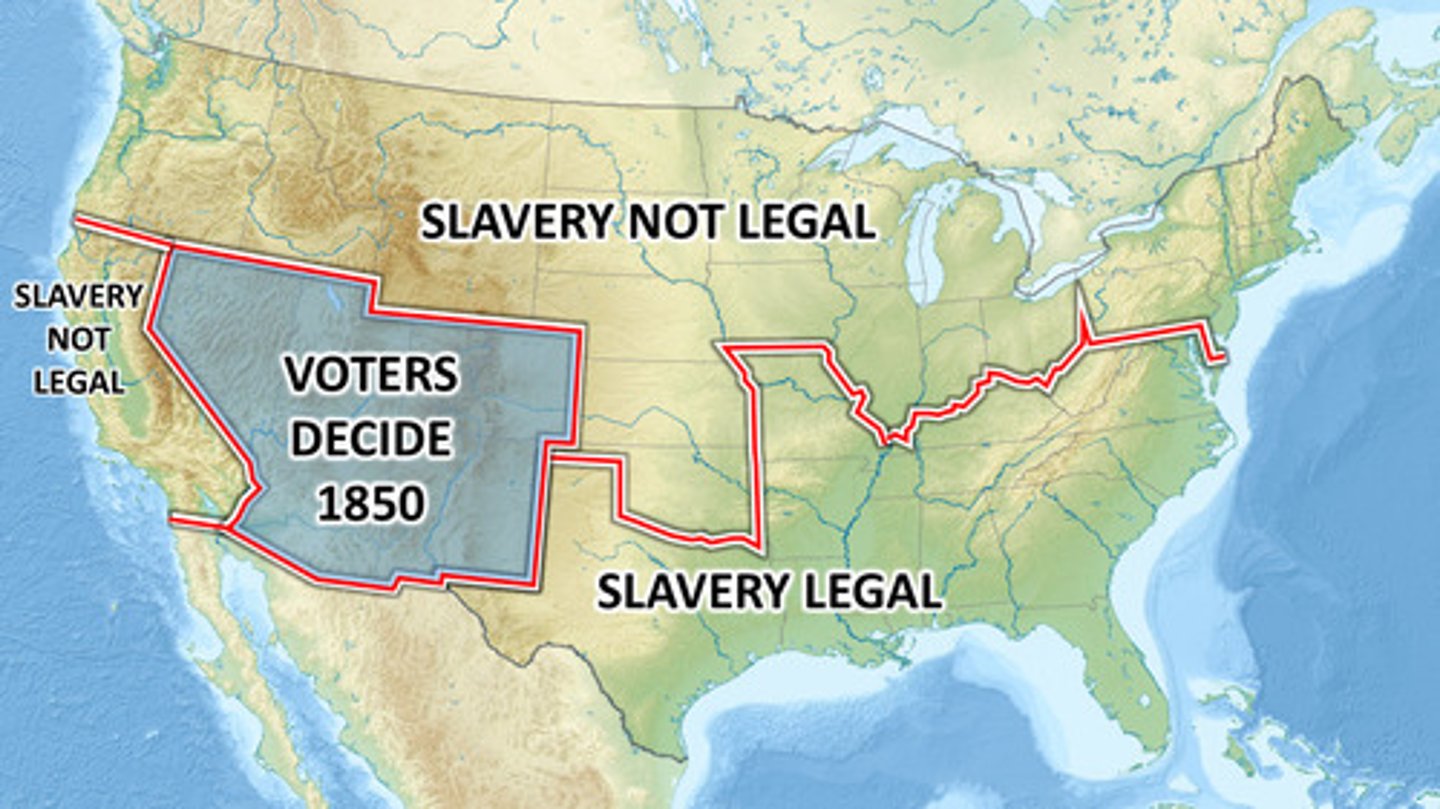
Popular Sovereignty
Idea that people living in a territory should make their own decision between being a free or slave state.
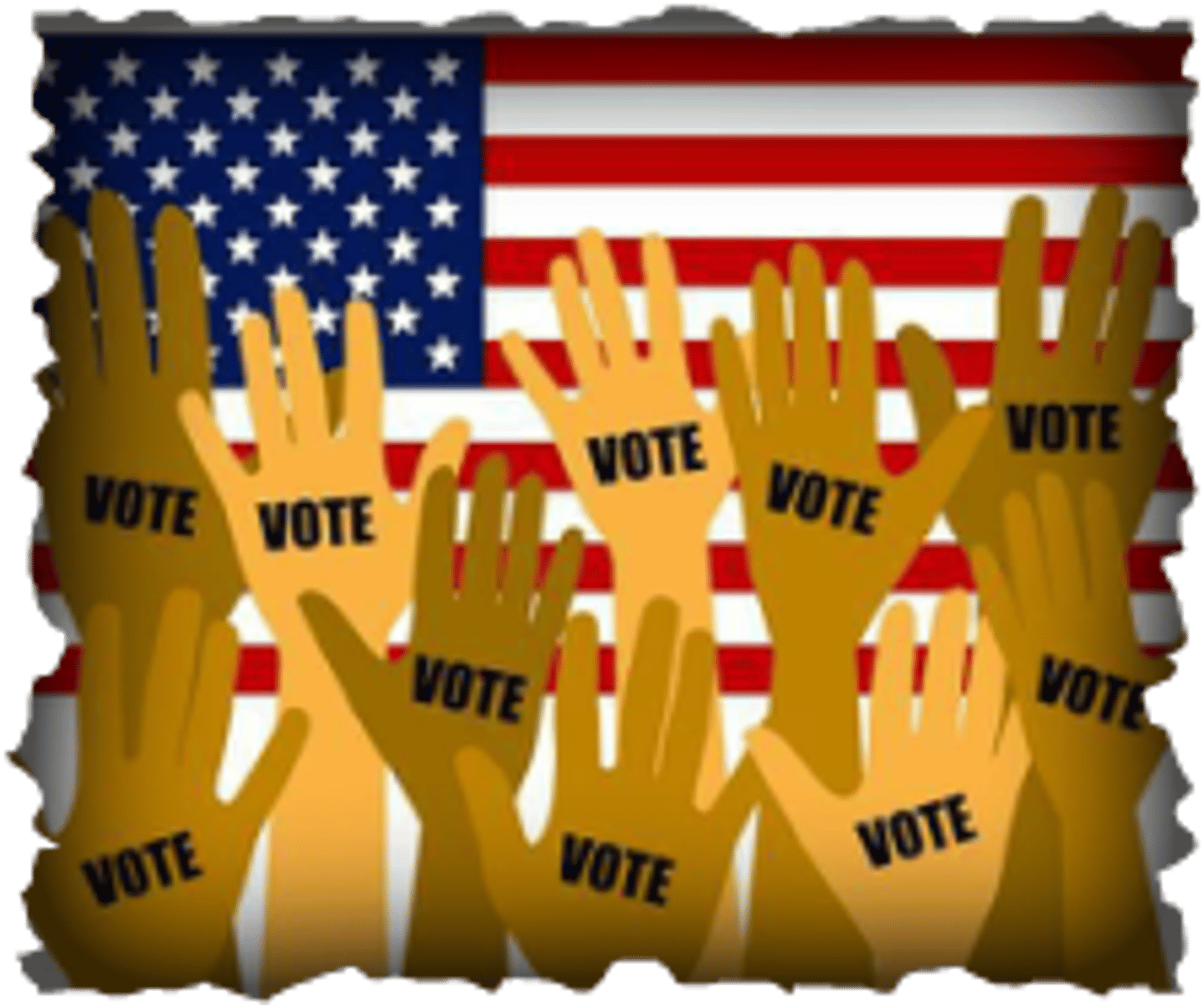
Stephen Douglas
Illinois senator who worked to pass the Compromise of 1850 as separate bills.
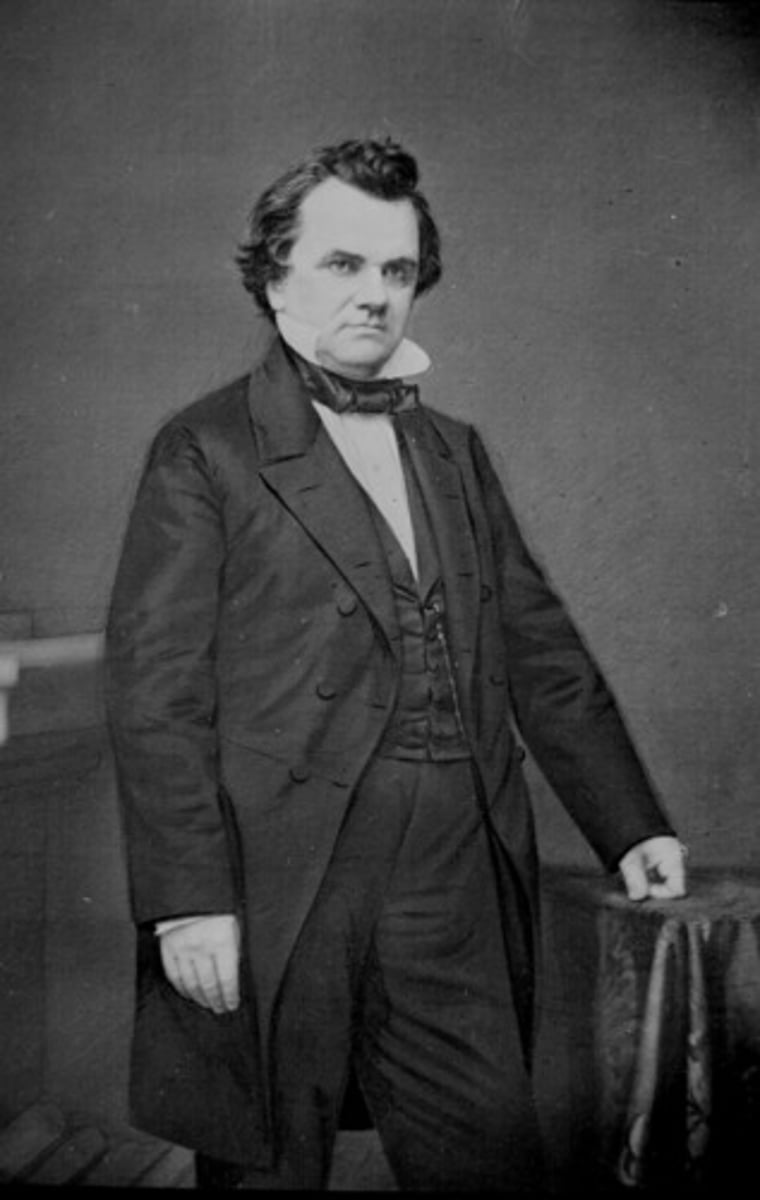
Fugitive Slave Act
Law that enabled escaped slaves to be captured in any state and returned to his or her owner.
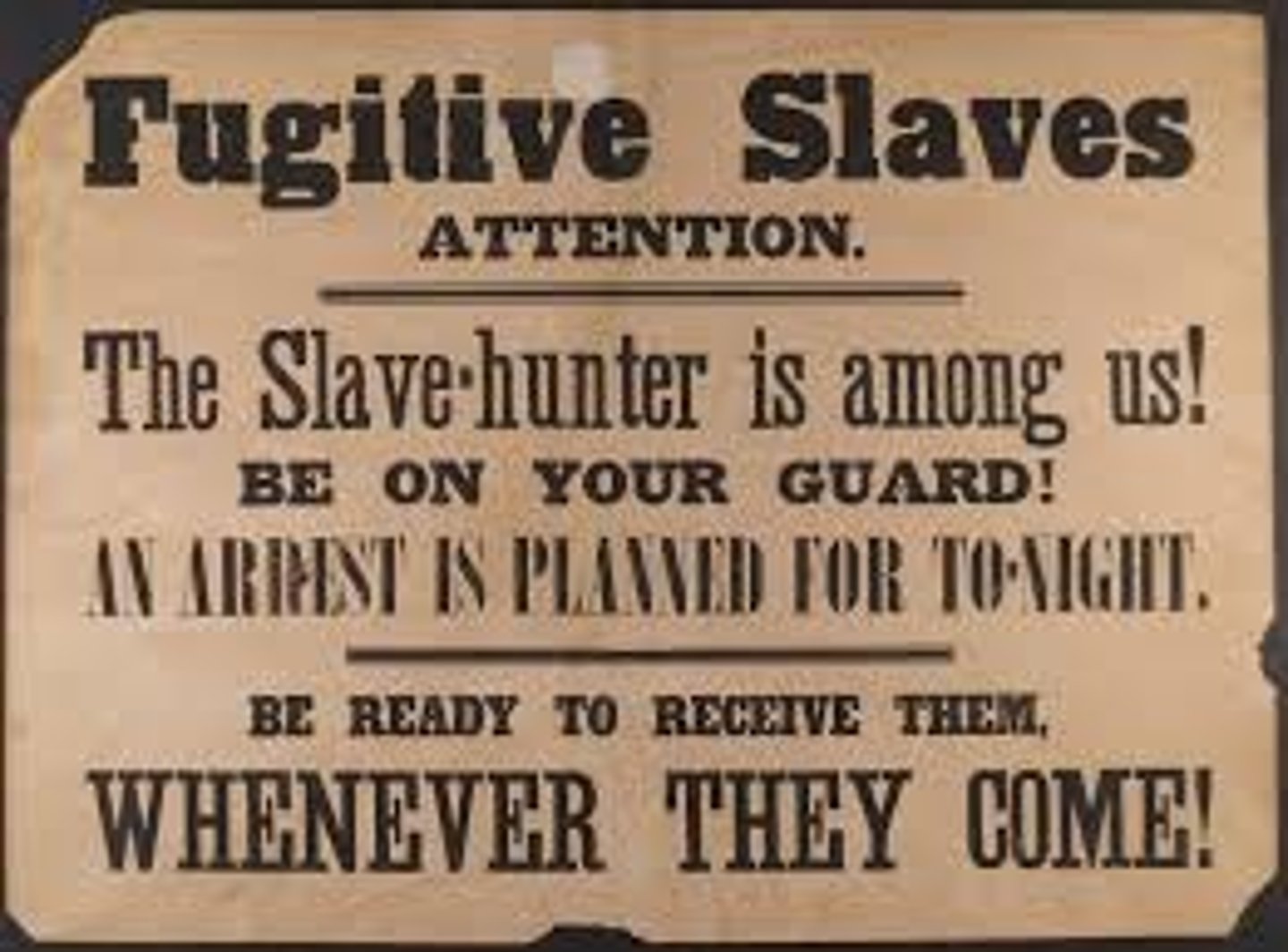
Underground Railroad
Secret network of people who helped fugitive slaves who went north to freedom.
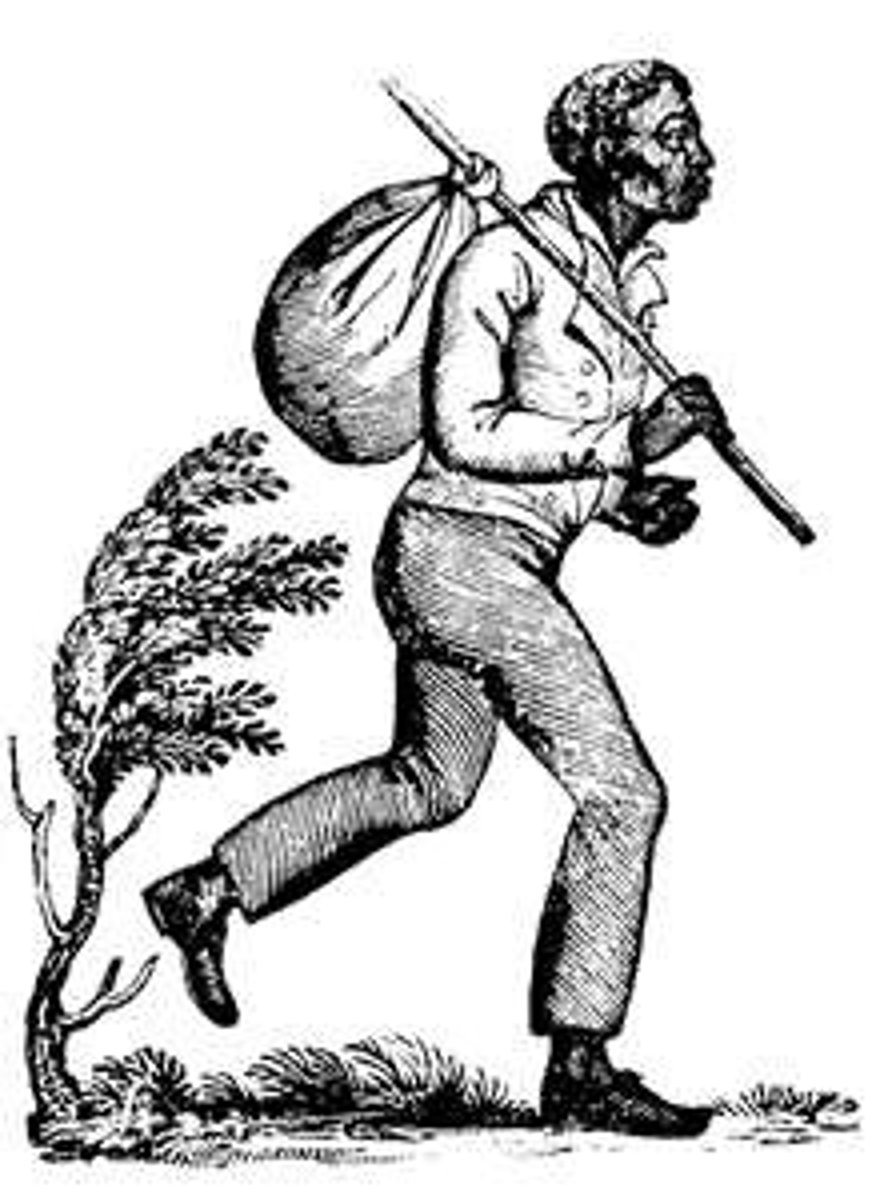
Harriet Tubman
Famous "conductor" on the Underground Railroad.
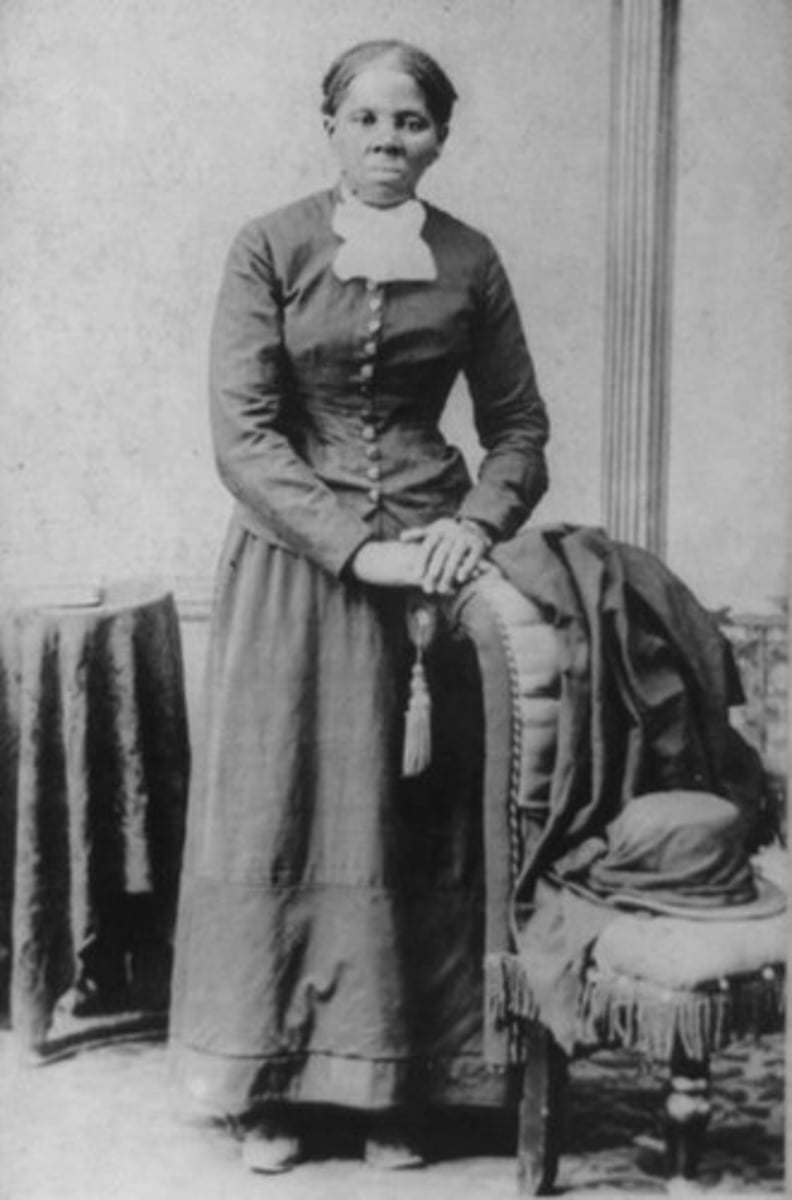
Harriet Beecher Stowe
Author of the antislavery novel Uncle Tom's Cabin.
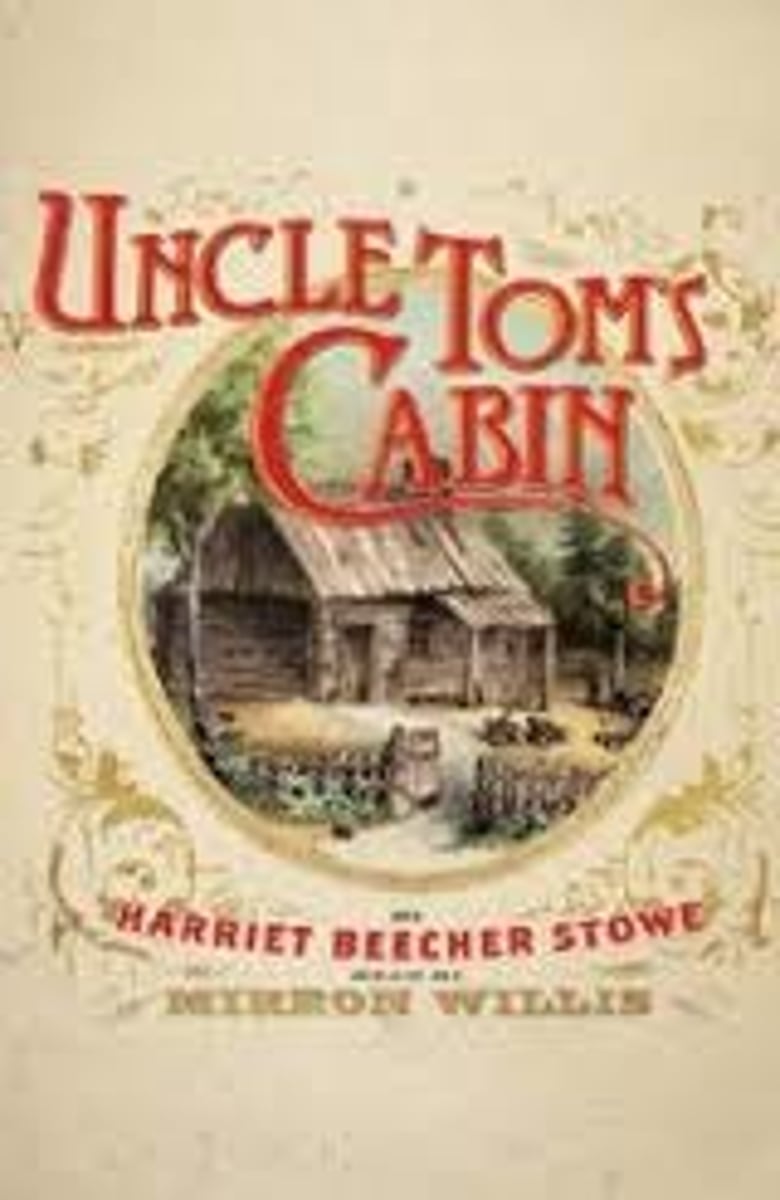
Uncle Tom's Cabin
Antislavery novel that helped turn public opinion against slavery.
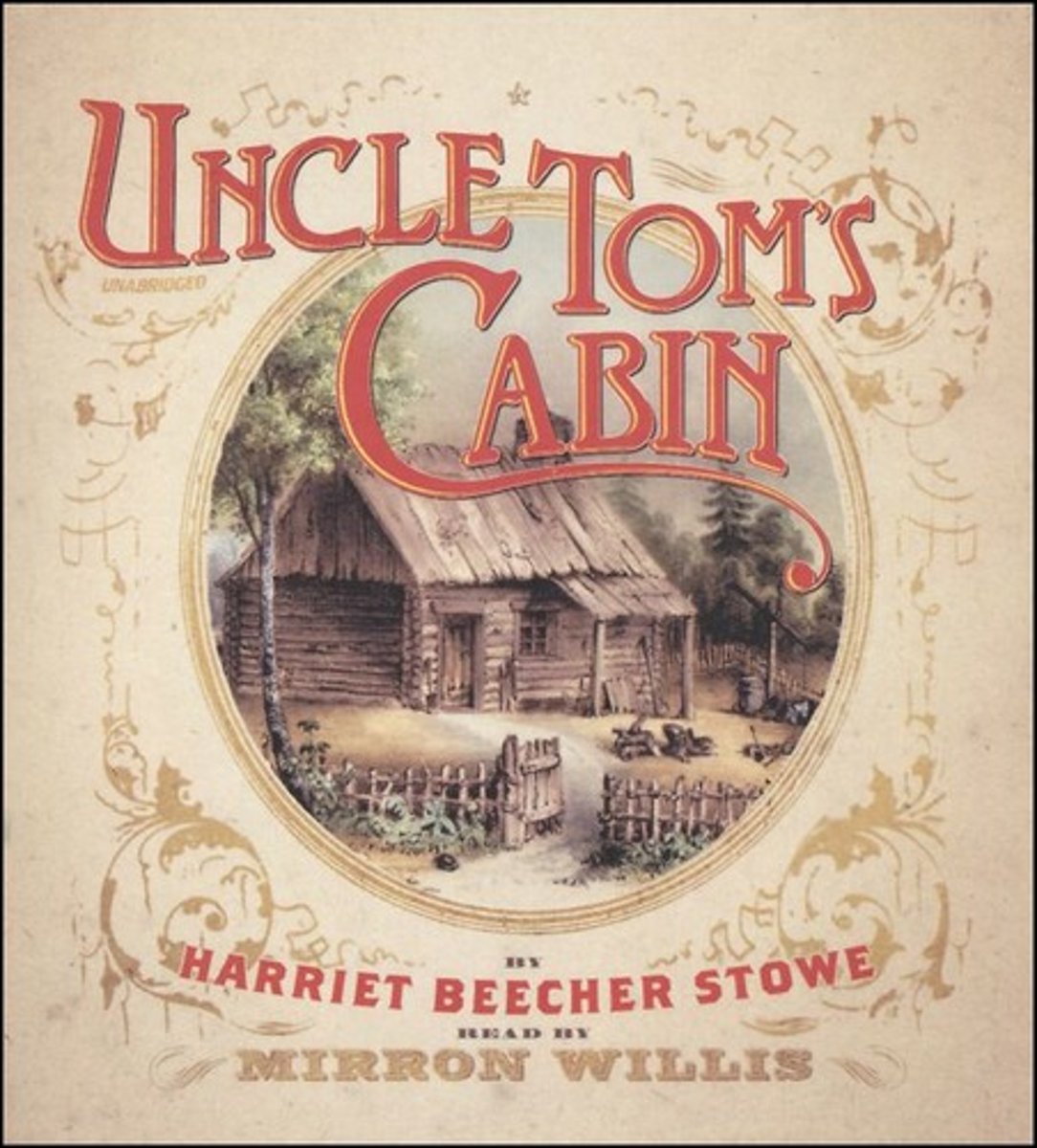
Kansas-Nebraska Act
Law that split Nebraska into the territories of Nebraska and Kansas and allowed for popular sovereignty there.
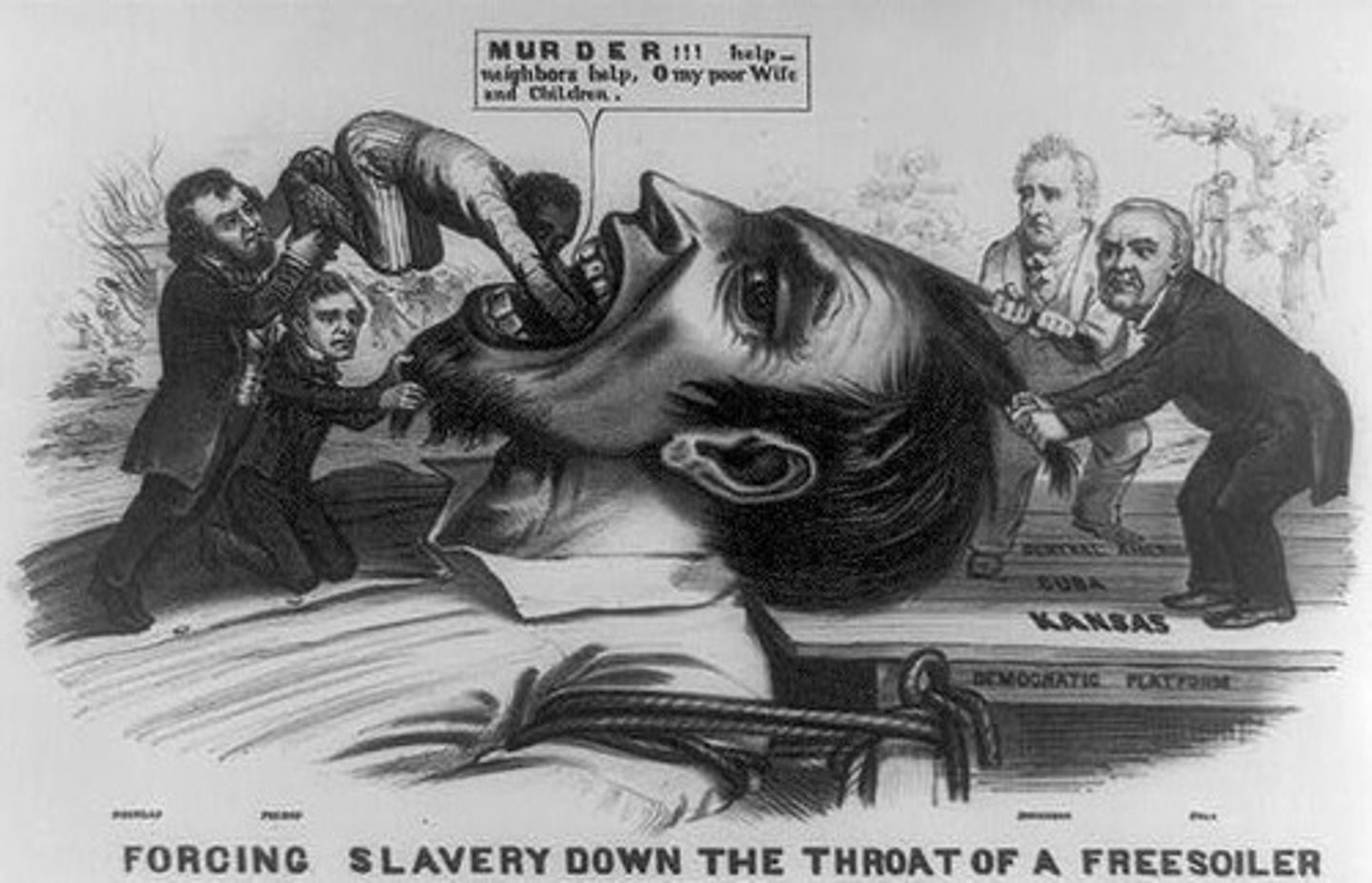
John Brown
Militant abolitionist who led a raid in Kansas that killed 5 slavery supporters.
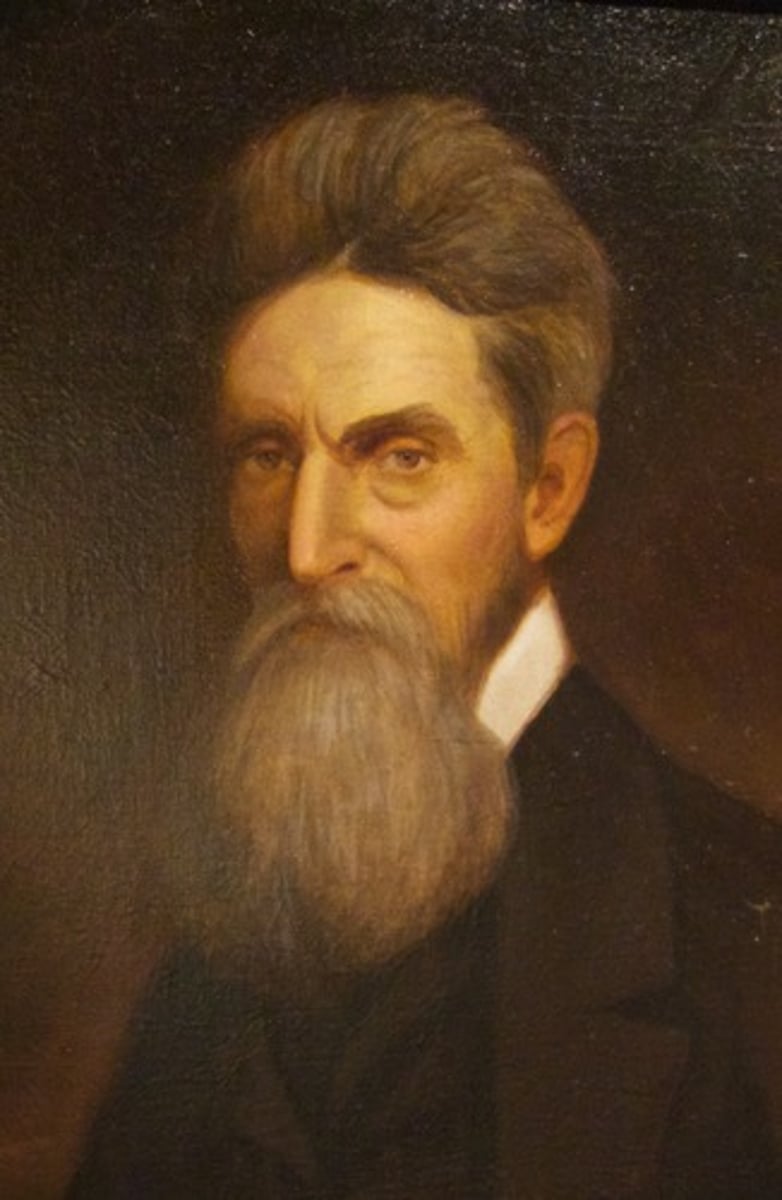
Bleeding Kansas
Nickname given to the Kansas Territory, first battleground between those favoring the extension of slavery and those opposing it.
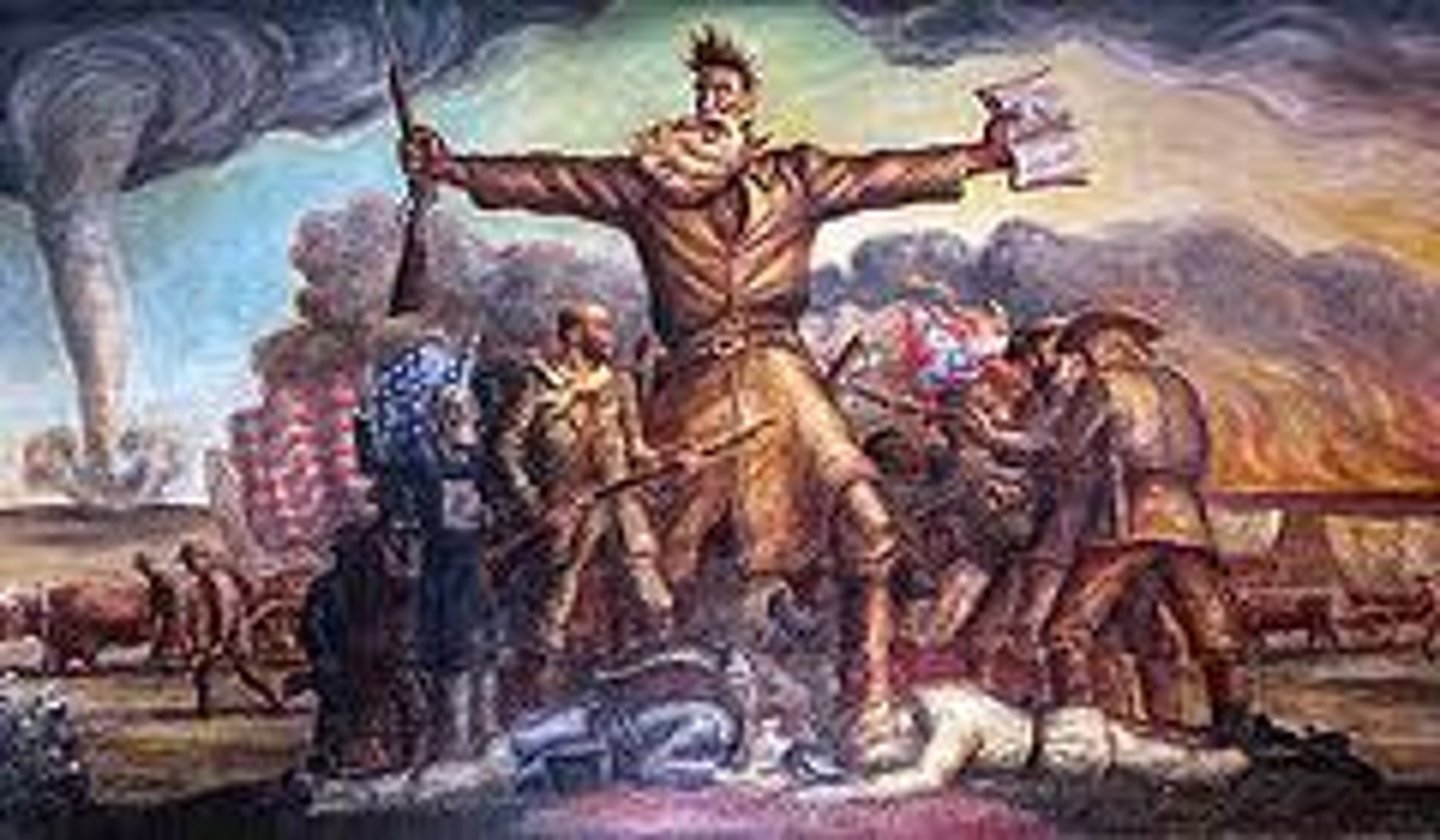
Know-Nothing Party or American Party
Political party that formed to stop the influence of immigrants.
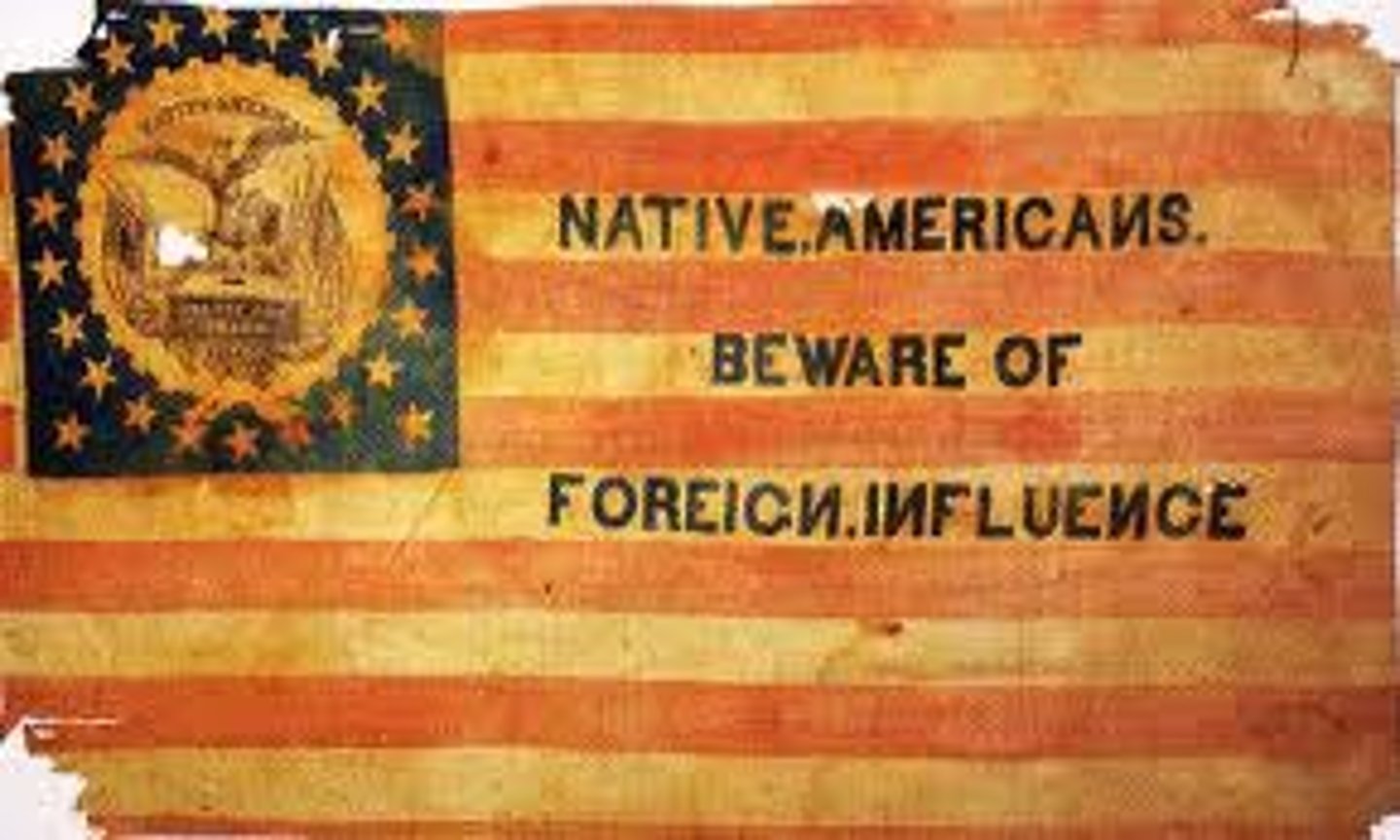
Free-Soil Party
Political party that opposed extending slavery westward. Their slogan was "Free Soil, Free speech, Free Labor, and Free Men."
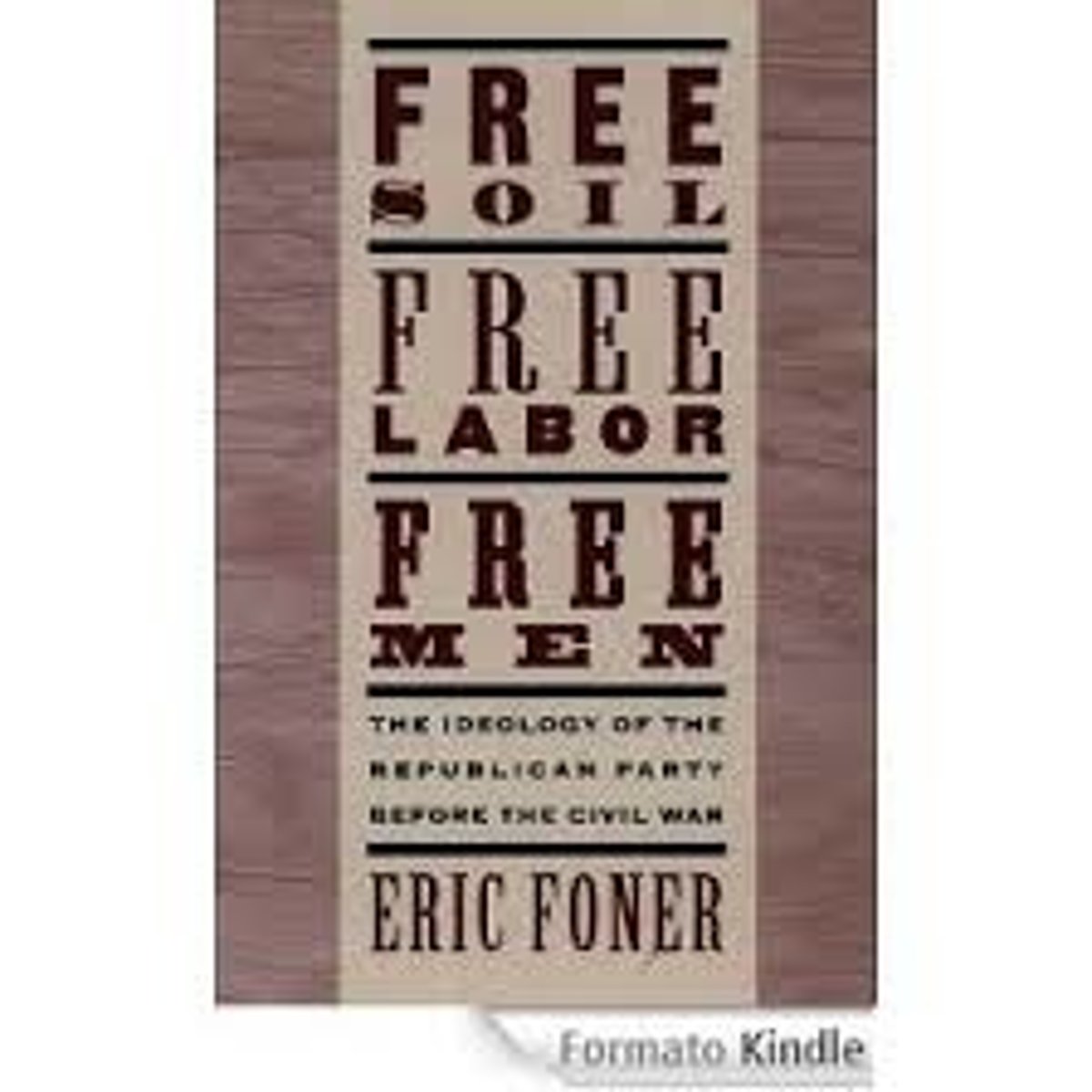
Republican Party
Political party that made up of parts of the Free-Soil Party, Whig Party, and Know-Nothing Party that also opposed expanding slavery westward.
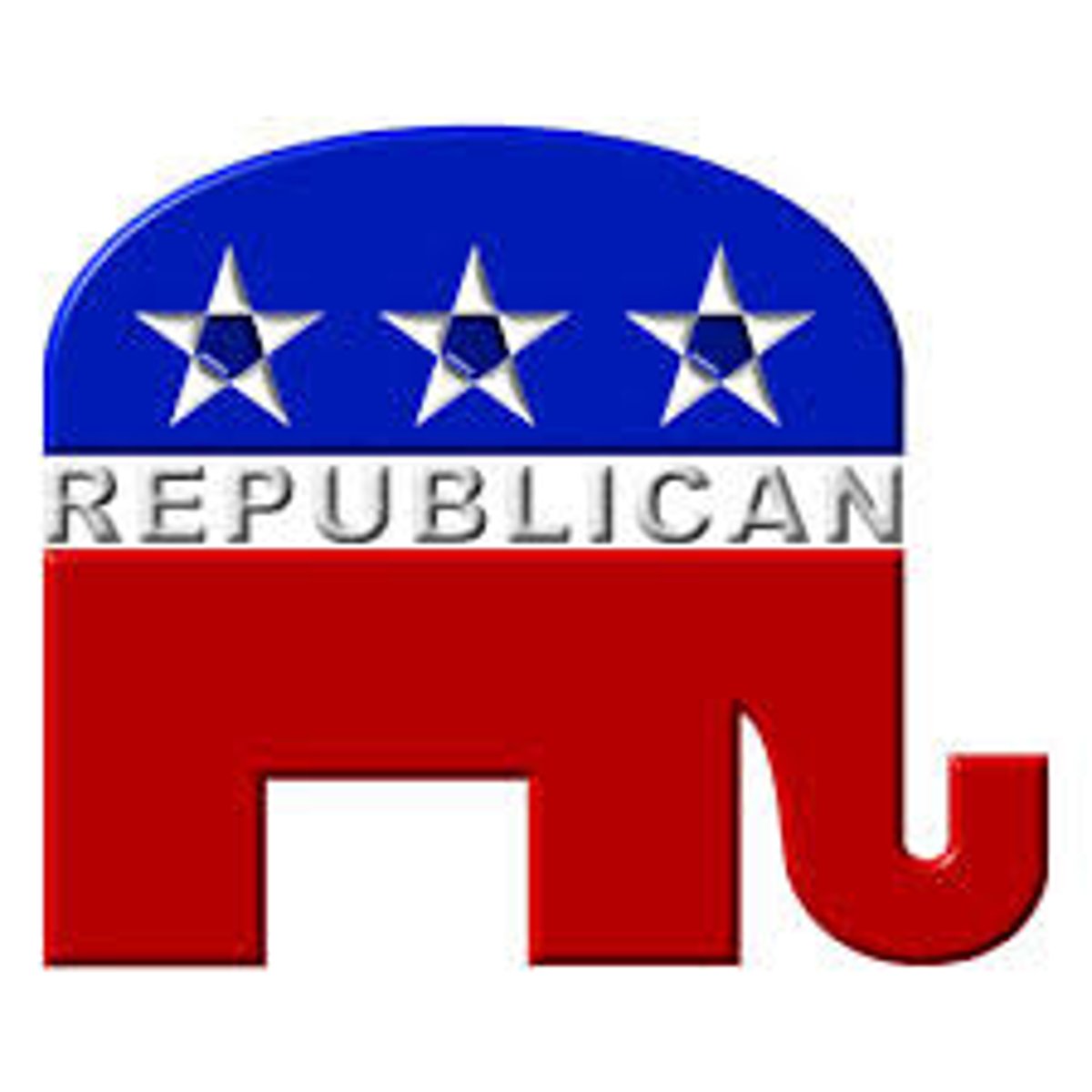
Dred Scott
Slave who was briefly taken by his owner into free territory.
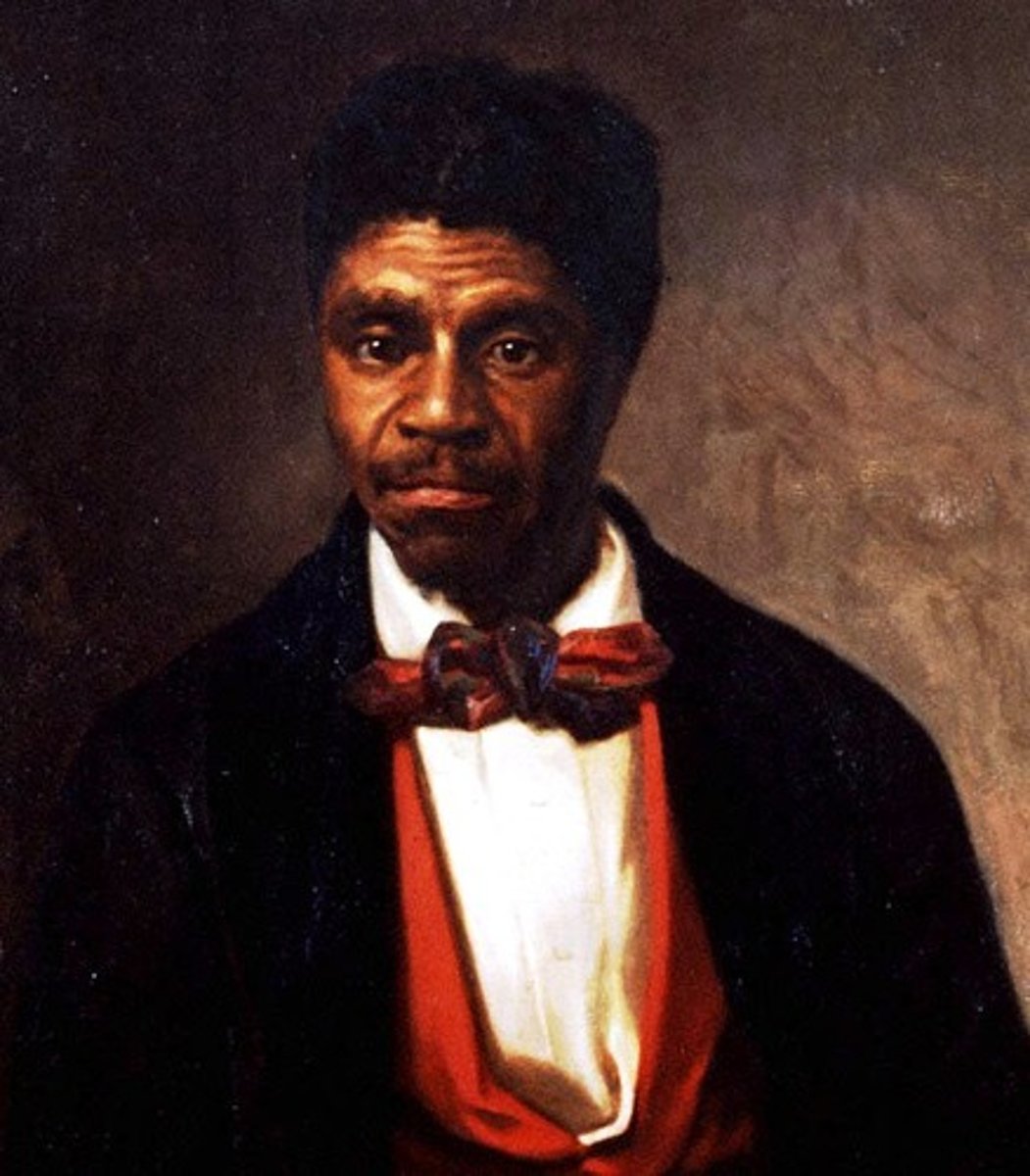
Dred Scott Decision
Stated that slaves are not citizens, they are property. Declared the Missouri Compromise unconstitutional and that slavery could expand anywhere.
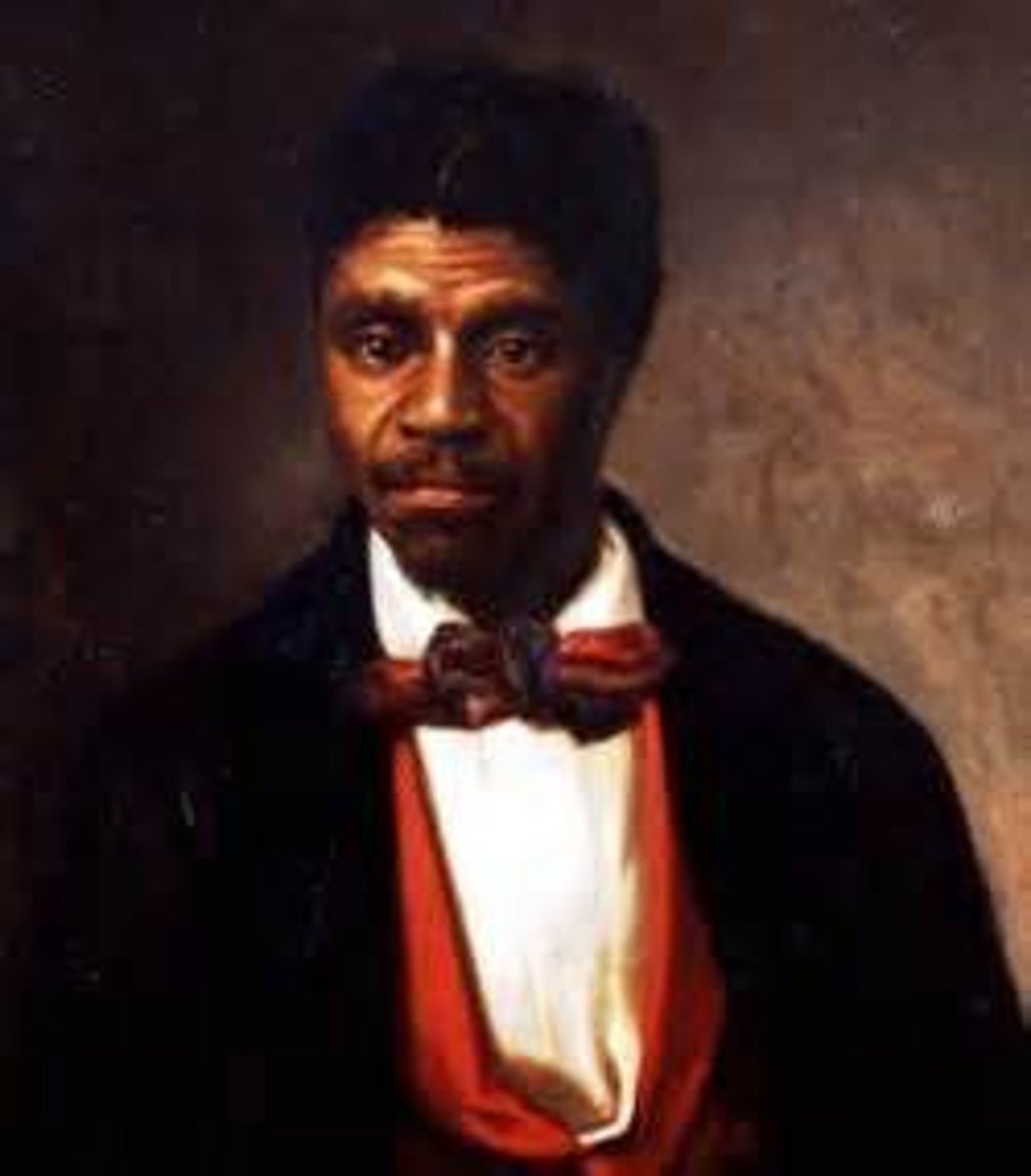
Abraham Lincoln
First Republican president. His election to the office angered many southerners since he opposed the expansion of slavery westward.
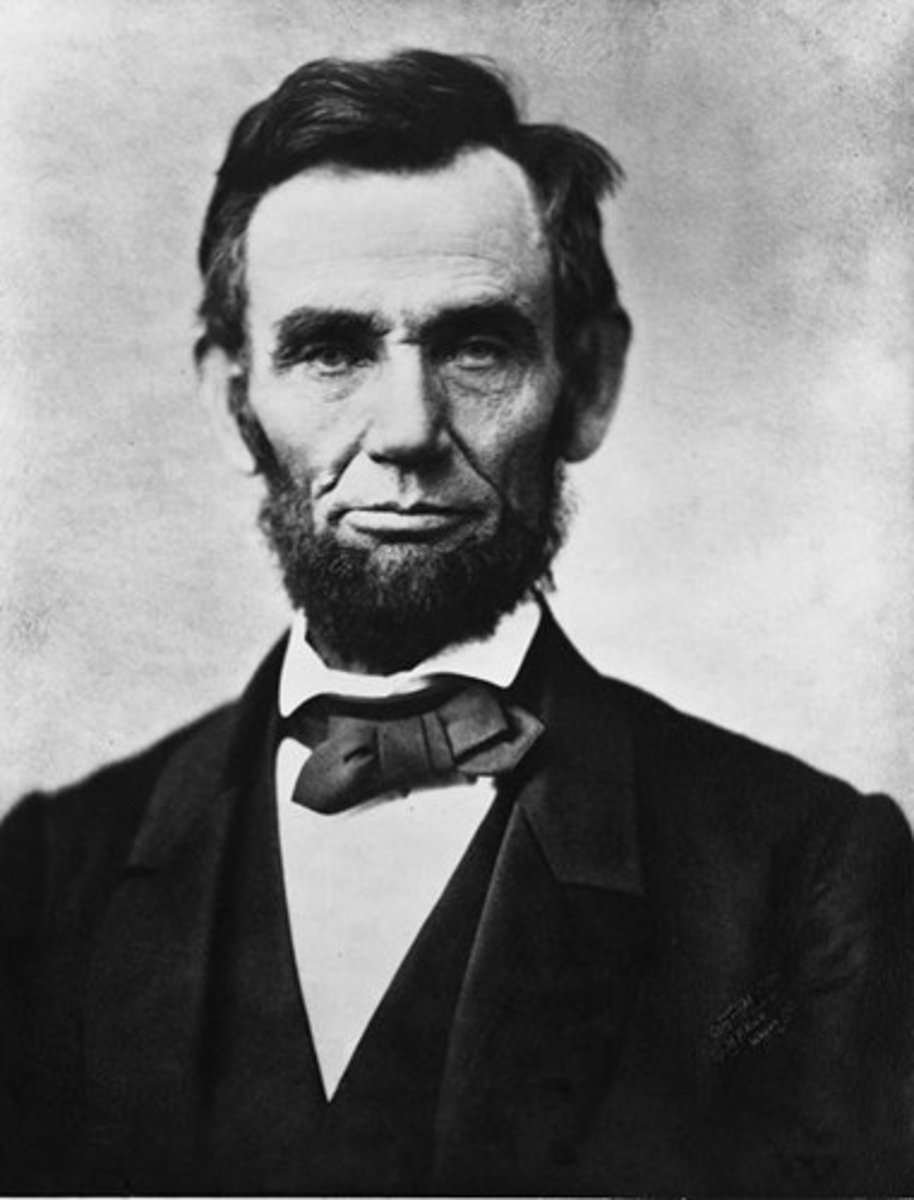
Freeport Doctrine
Idea that any territory could ban slavery by refusing to pass laws supporting it.
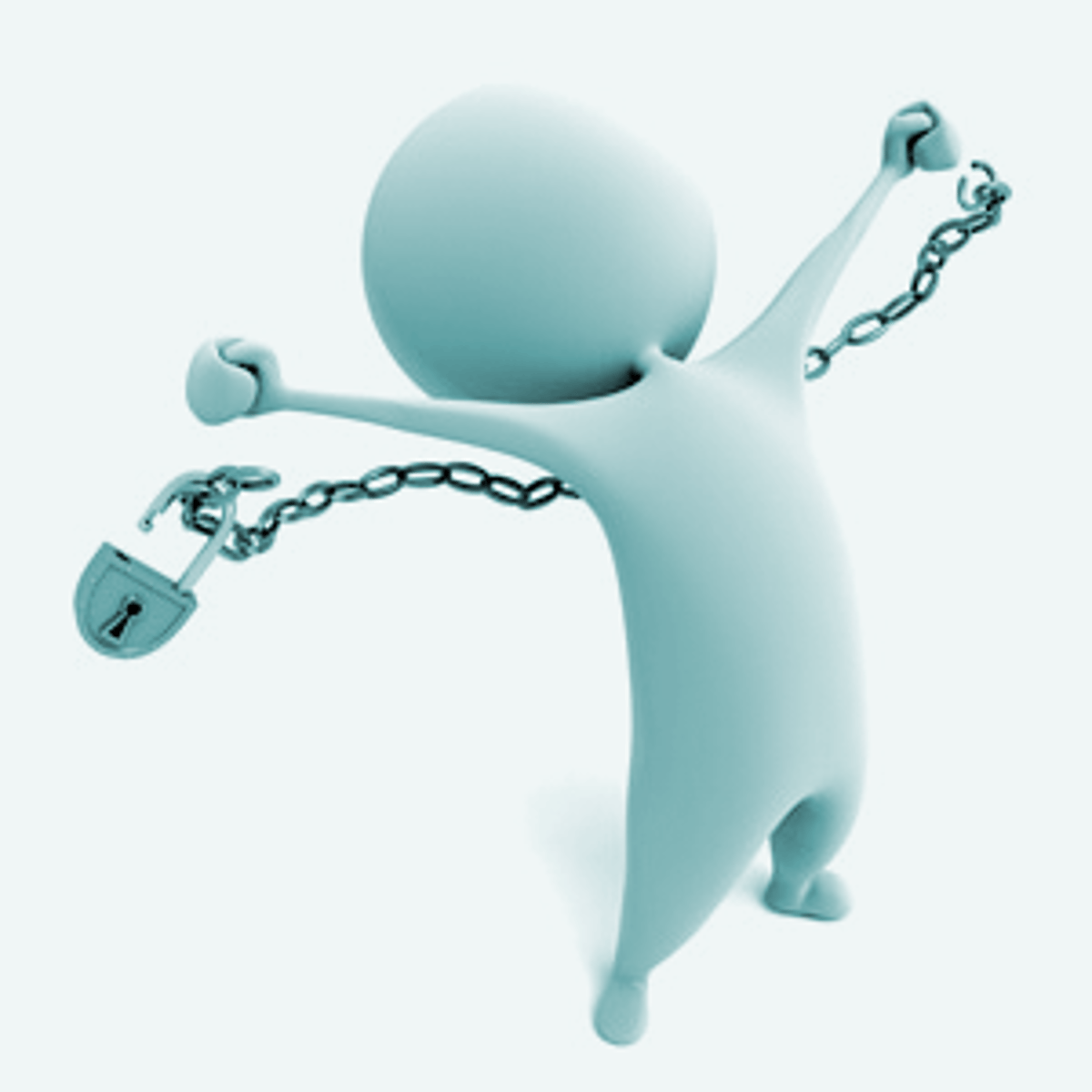
Harpers Ferry
Location of federal arsenal that John Brown raided to get guns and start a slave rebellion.
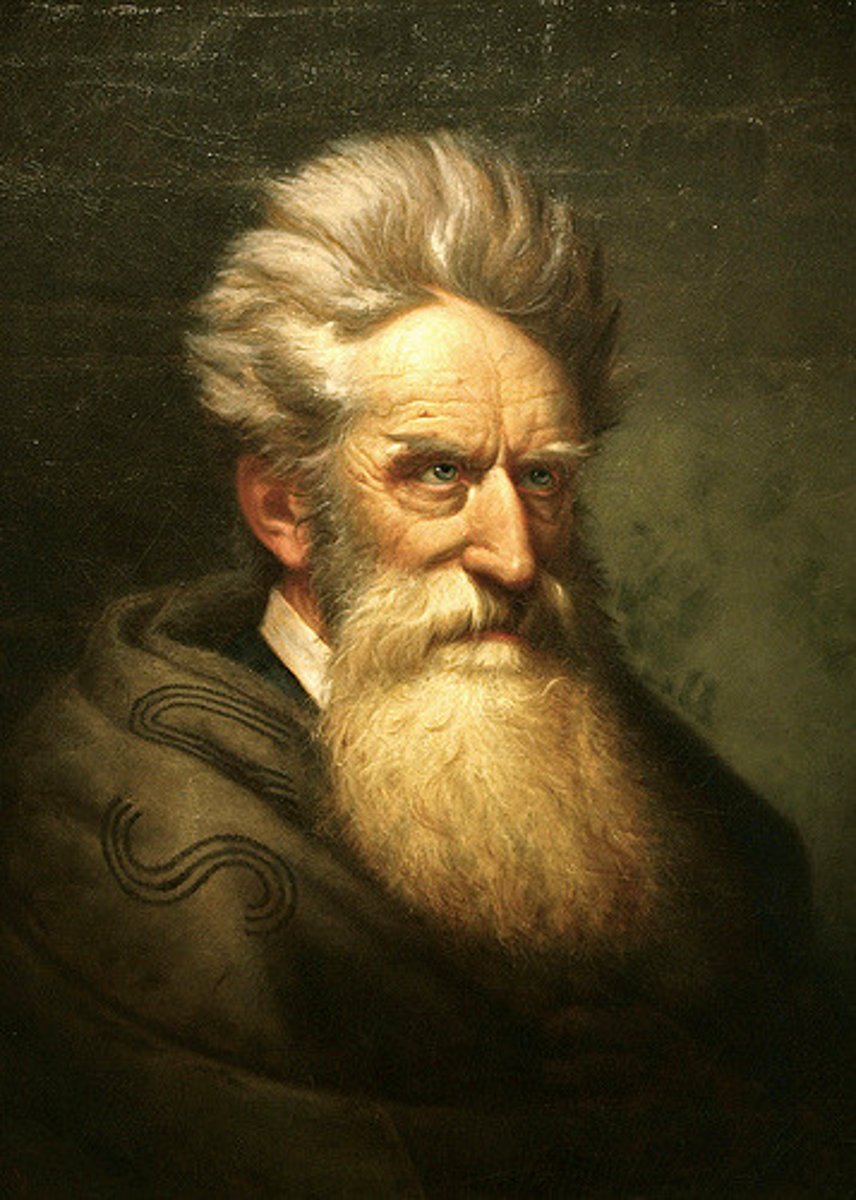
Confederacy
Formed in 1861 by Southern states that seceded from the Union. The Confederate States of America.
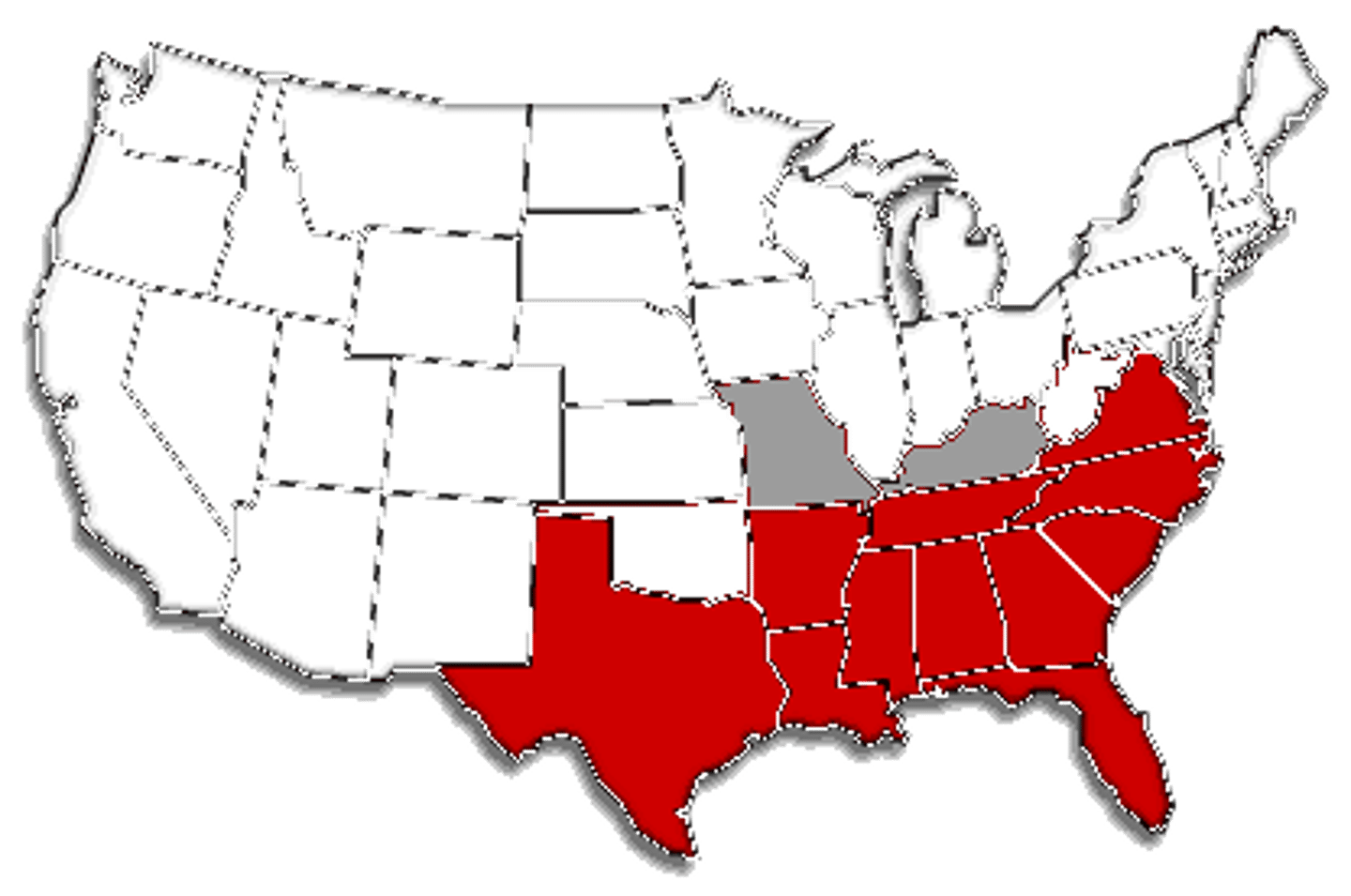
Jefferson Davis
President of the Confederate States of America
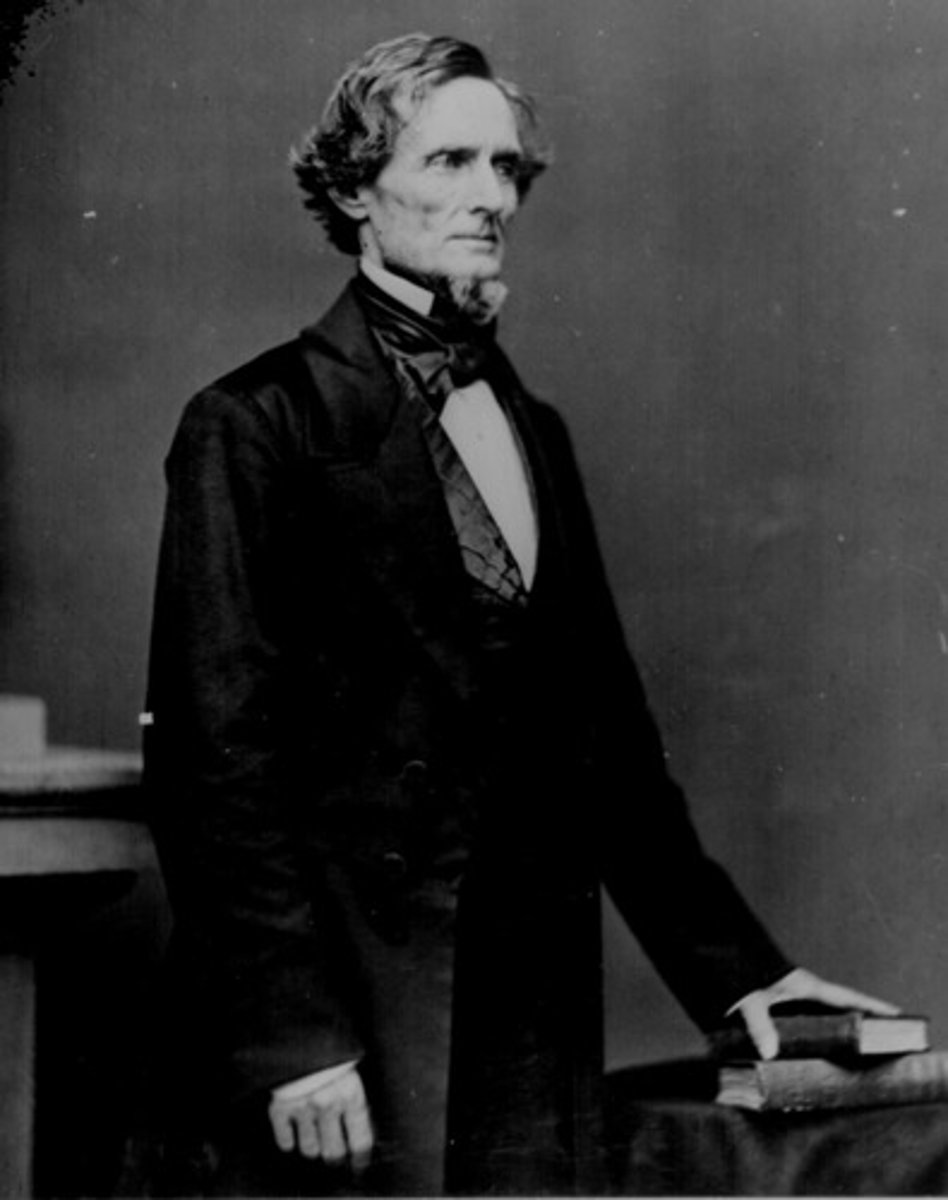
Conscience Whigs
Whigs who opposed slavery and Zachary Taylor in the election of 1848.
Cotton Whigs
Whigs who supported slavery and Zachary Taylor in the election of 1848.
Forty-Niners
Settlers who migrated to California in 1848 in search of gold.
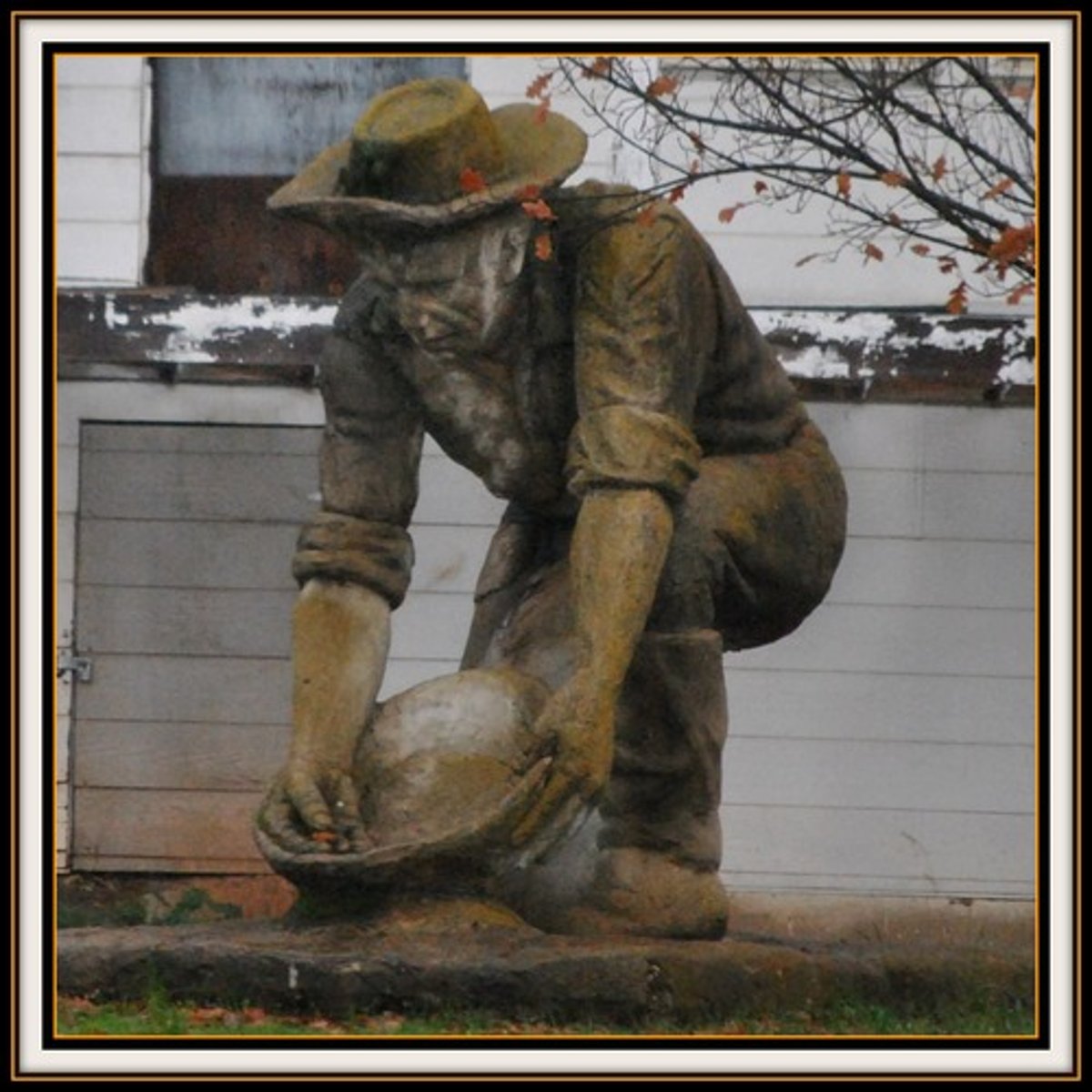
Gadsden Purchase
A portion of Mexico purchased by the US in order to build a transcontinental railroad. Makes up part of Arizona and New Mexico today.
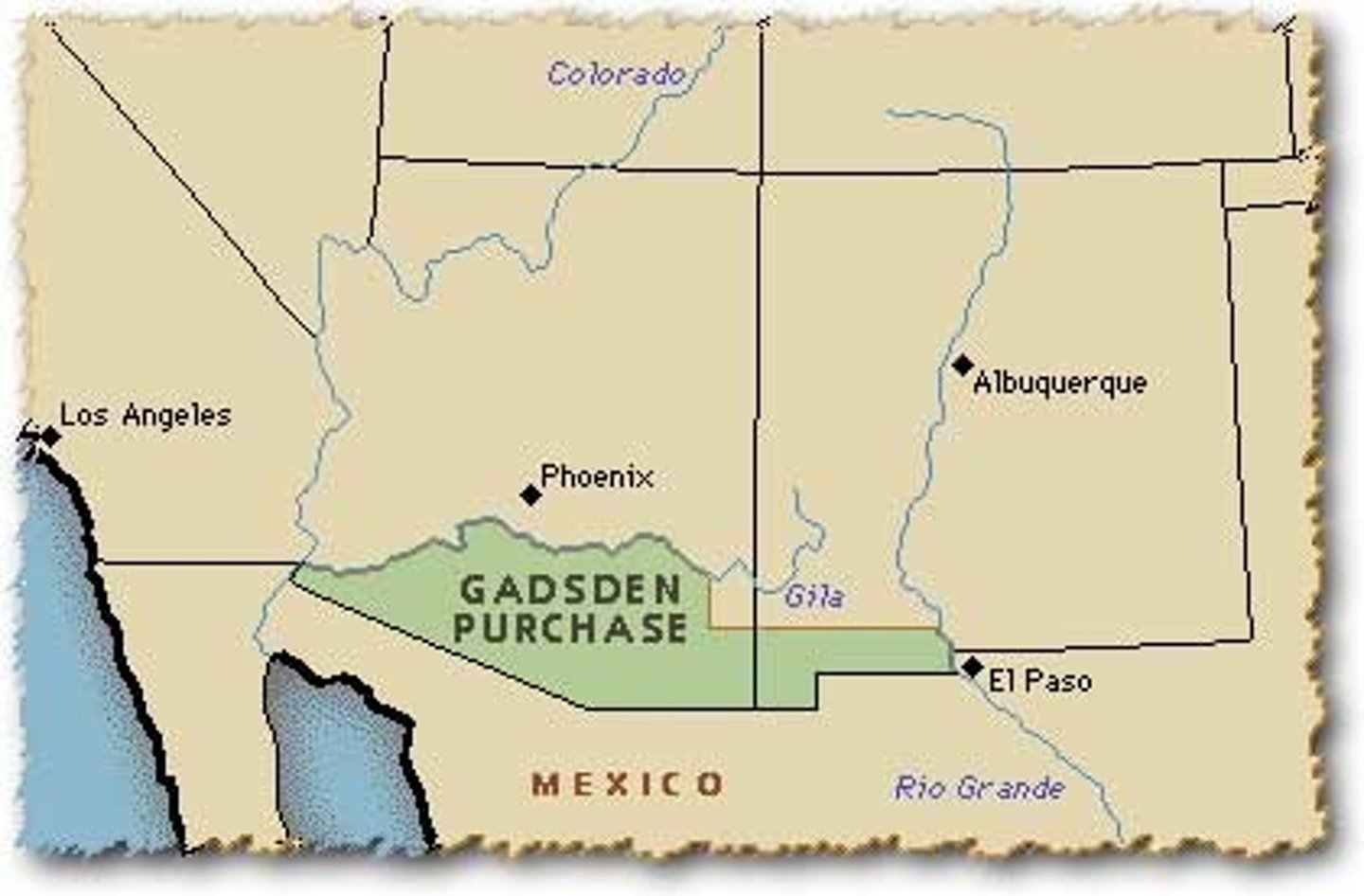
Transcontinental Railroad
A railroad that connects the East Coast with the West Coast. The entrance of California into the Union created the need for one to connect the nation.
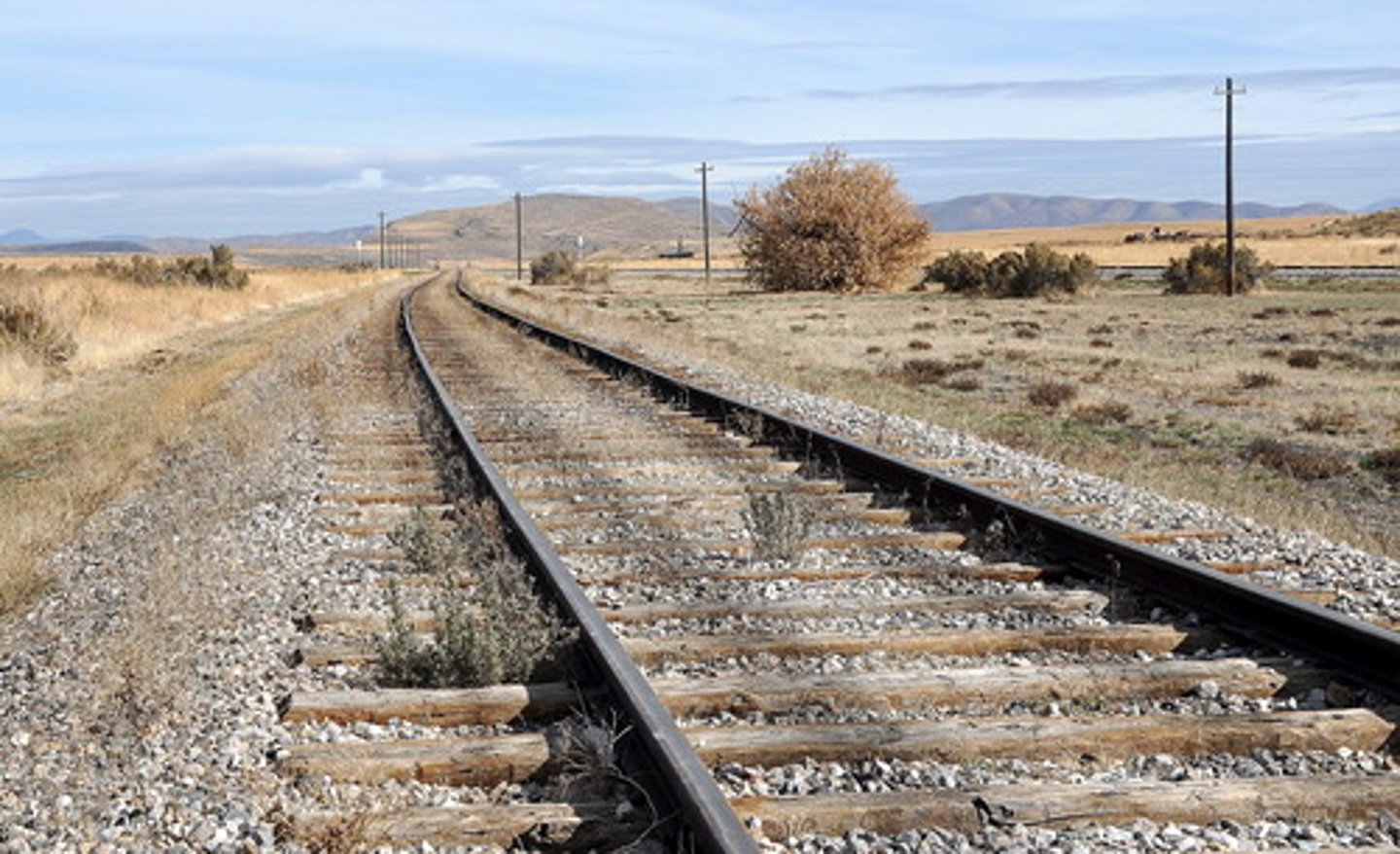
Charles Sumner
Senator from Massachusetts who was beaten by a southern congressman for speaking out against slavery.
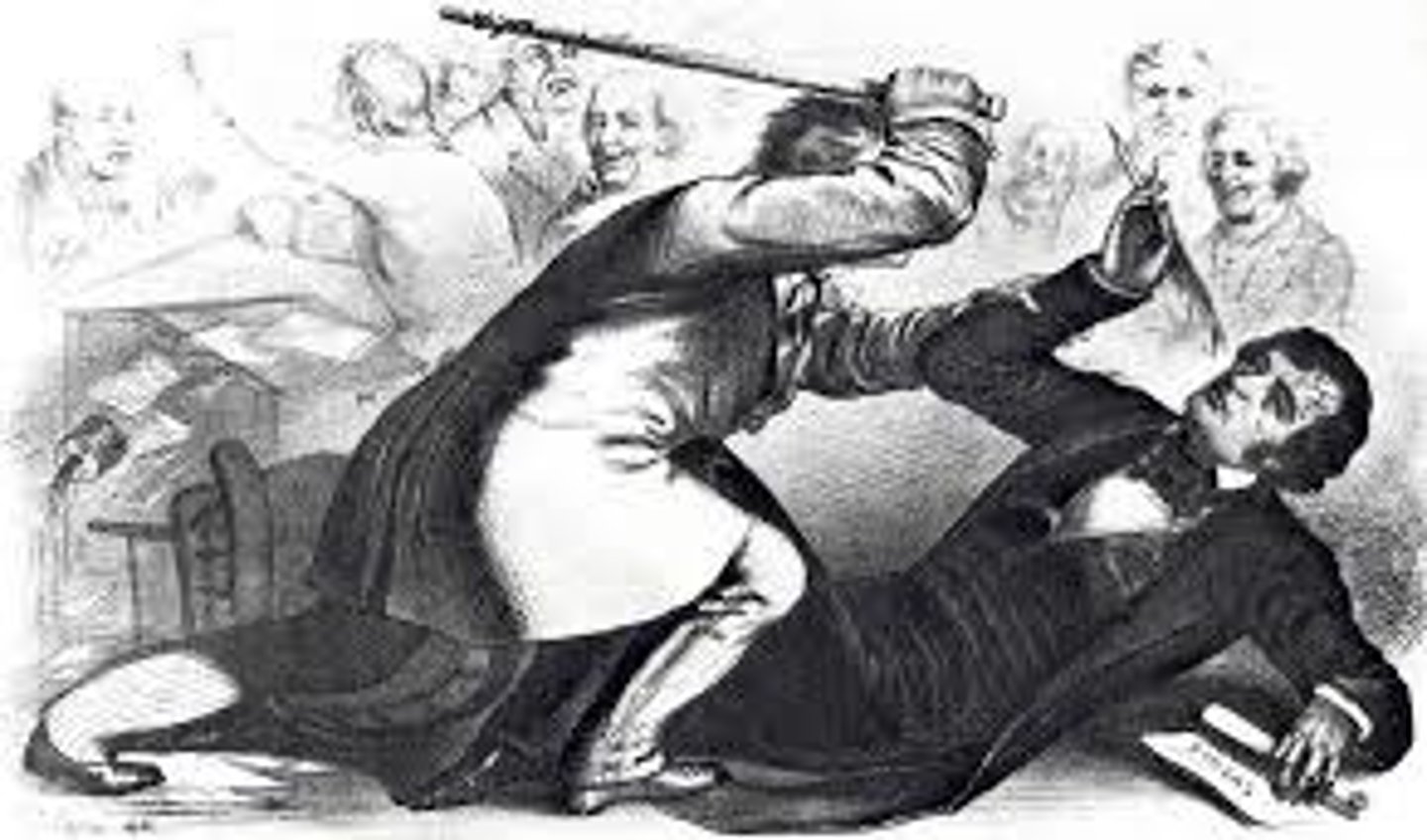
Lecompton Constitution
Pro-slavery constitution of Kansas. The constitution was rejected by the Senate when Kansas applied for statehood.

Crittenden's Compromise
A proposal to amend the Constitution that would guarantee slavery where it already existed and reinstate the Missouri Compromise. The compromise did not pass Congress.
Martial Law
The suspension of civil rights and imposition of military rule. Abraham Lincoln used this to keep Maryland in the Union.
Fort Sumter
Union fort in Charleston Harbor. The South's attack on it started the Civil War.
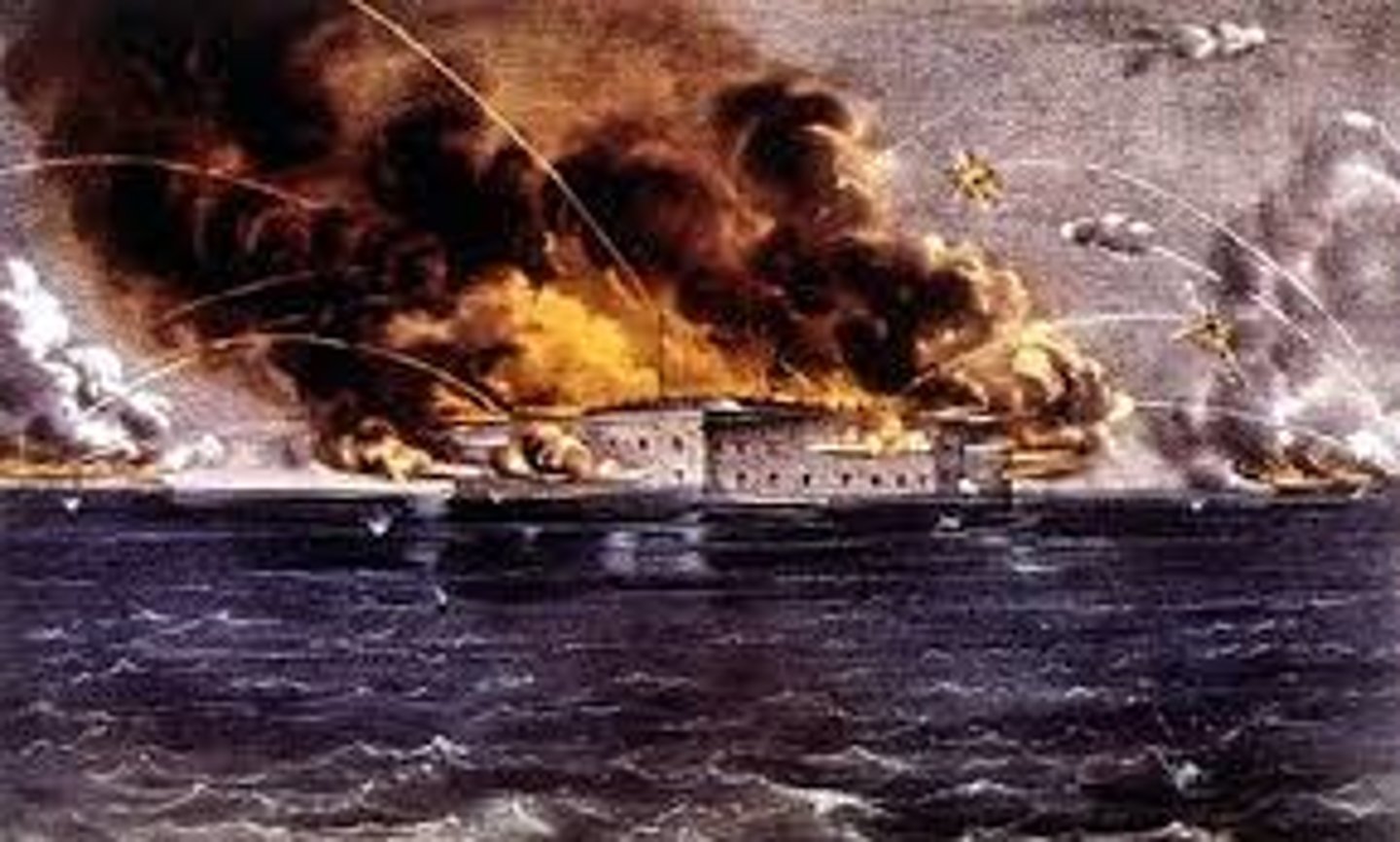
Short Answer 1: Describe the case of Dred Scott v. Sandford, the decision, and its significance.
Research the Answer 1
Short Answer 2: Describe the provisions of the Fugitive Slave Act.
Research the Answer 2
Short Answer 3: Describe the role Underground Railroad had in helping enslaved African Americans to reach free territory. What dilemma did this present for people living during its period of operation.
Research the Answer 3